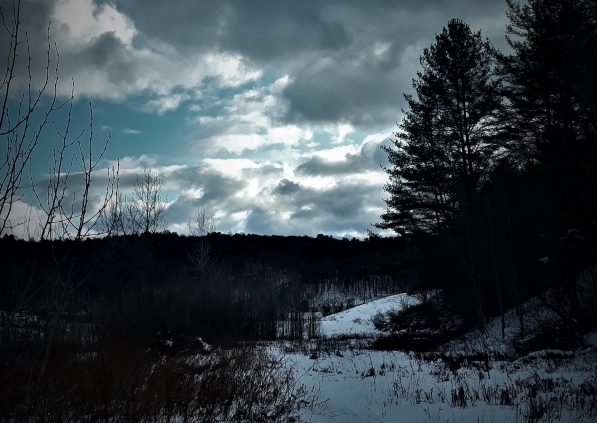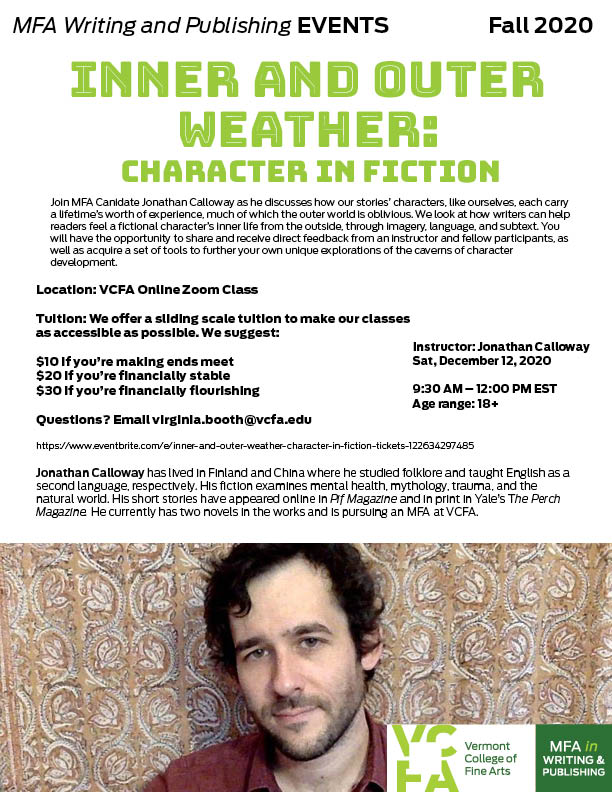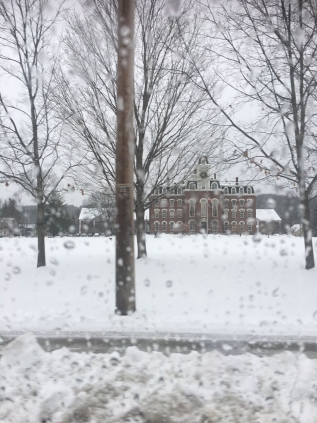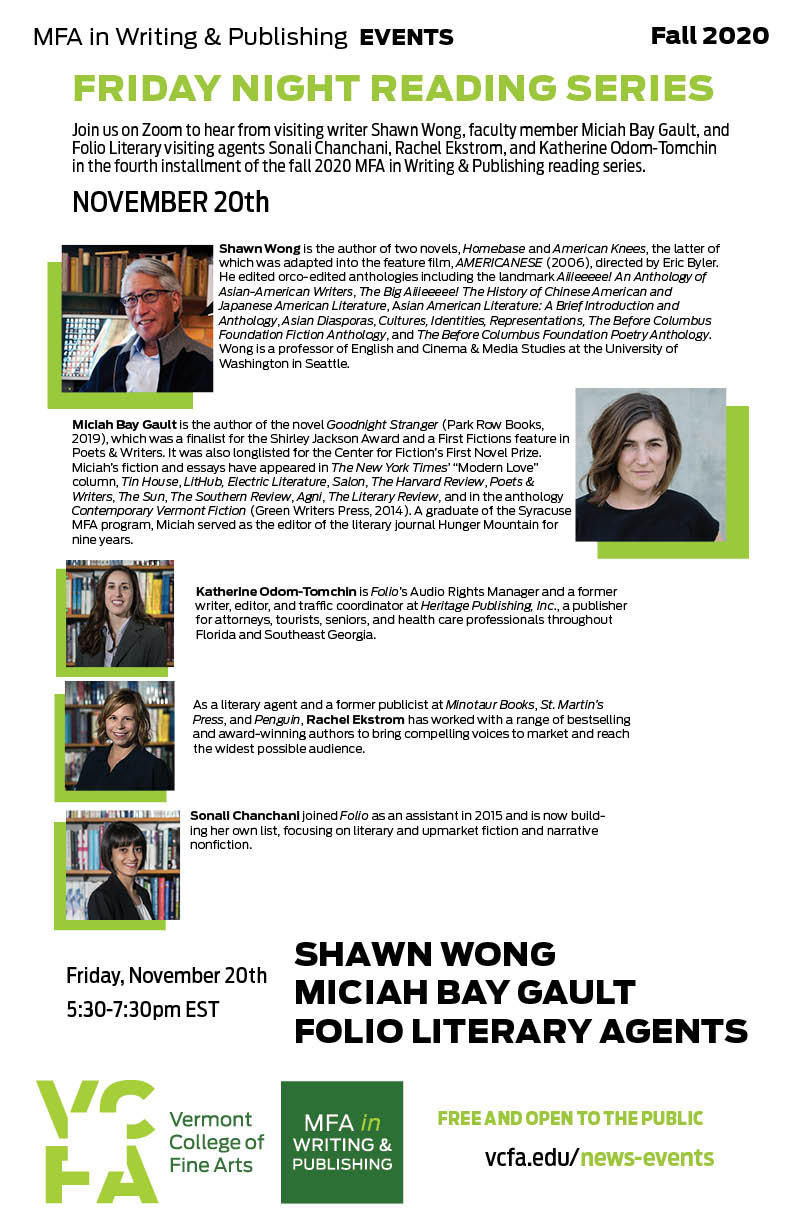We Did It!
We Graduated!
We, the second year students in the Writing & Publishing program have now proudly earned our Masters of Fine Arts degrees. Thirteen of us have walked the virtual aisle and moved the tassels on our figurative mortarboards. It’s been a long strange trip for us, these two years in Vermont, with Covid changing the parameters of our time here barely six months into our first year. But we persevered and finished our studies, completed our theses, and muddled on through.
I’m being oddly hyperbolic here, I must admit: though Covid-19 caused a fair amount of muddling, the program did not. We, the class of 2021 have nothing but respect for our amazing and unique program, the first of its kind. Our faculty has been fabulous, from the trusty stalwarts of full-time and in-state instructors such as Erin Stalcup and Miciah Bay Gault, to our amazing program director, Rita Banerjee. Rita has had our back through everything and is committed to serving our minds. Lizzy Fox ably and lovingly served as the assistant director (and the person you went to if you had any questions whatsoever about how things worked at our school). Lizzy left to pursue a teaching career, and the delightful Sarah Leamy has been herding us cats of late. She fit right in and has been a pleasure to work with. The myriad module instructors have been wonderful too, giving us slices of their lives and work as poets, fiction and CNF writers, agents, and publishing professionals. They all had much to teach, and we lapped up their knowledge. I for one am incredibly grateful for the variety of classes I was able to take in two short years.
However…
It is with great sadness that I must announce the demise of our fine program. There are myriad reasons for this, we’re told, but the bottom line is, well, the bottom line. Without the pandemic we might have survived—after all, we had our largest class size in our programs history due to join us last September. Sadly, that number shrank precipitously once it was announced that classes would be online, and the full-residency program was to be phased out. The reality is that it’s a different sort of student that wants to live on campus versus the student who likes the low-res model. This program must have been doing something right and wonderful, though, because Colleges around the country—including Emerson in Boston—are jumping on the Writing & Publishing program bandwagon. Plus, there were those great write-ups of about our program in Poets & Writers Magazine…
But…
Once again, we will persevere, just as we did when the world shut down. A few of us are going on to PhD programs, some will go on to fellowships and to seek certificates. Some are teaching, and all of us are intent upon shopping our novels and memoirs, and books of poetry. One of our number just had a beautiful baby (so many Congrats, Imogen!) and one lucky soul is moving to Ireland. Even our faculty will do well, with several of them hired on at established universities. They will be fine, and we will be fine. But boy, will we miss each other, and Montpelier, and the community of writers we only just started to form.
Never-the-less…
I don’t want to get maudlin. so I won’t. Instead I will get back to the original point: Class of 2021, we did it! And I say to each and every one in my cohort CONGRATULATIONS!!!! Huge success to the lot of you, keep in touch, and happy writing!
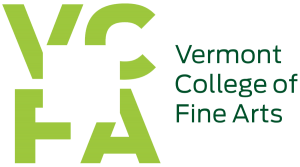
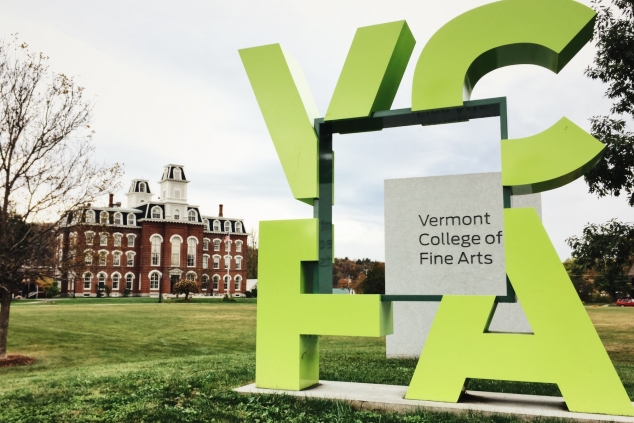
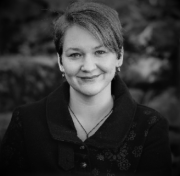 Molly was born and raised in Minnesota, but the world travel bug hit her early: she spent a year of high school as an exchange student in Paraguay. As an adult she joined the Army and was deployed in Afghanistan and Iraq, which led to a government job stateside. She lived in Eugene, Oregon for a bit, where she got a degree in Linguistics from U of O.
Molly was born and raised in Minnesota, but the world travel bug hit her early: she spent a year of high school as an exchange student in Paraguay. As an adult she joined the Army and was deployed in Afghanistan and Iraq, which led to a government job stateside. She lived in Eugene, Oregon for a bit, where she got a degree in Linguistics from U of O.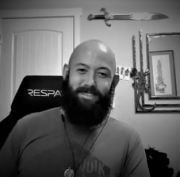 Dex is a California boy with nomadic genes. He served in the Peace Corps in Tanzania and has traveled extensively, so far visiting and/or living in 23 countries. The certificate in publishing drew him to VCFA. He then decided to stay for the long haul and get his MFA. As far as writing goes, he finds himself writing short form Creative Non-Fiction, but his true calling is long form Speculative Fiction. He says—and this is true of Molly as well—that his ideas are simply too big for short stories.
Dex is a California boy with nomadic genes. He served in the Peace Corps in Tanzania and has traveled extensively, so far visiting and/or living in 23 countries. The certificate in publishing drew him to VCFA. He then decided to stay for the long haul and get his MFA. As far as writing goes, he finds himself writing short form Creative Non-Fiction, but his true calling is long form Speculative Fiction. He says—and this is true of Molly as well—that his ideas are simply too big for short stories.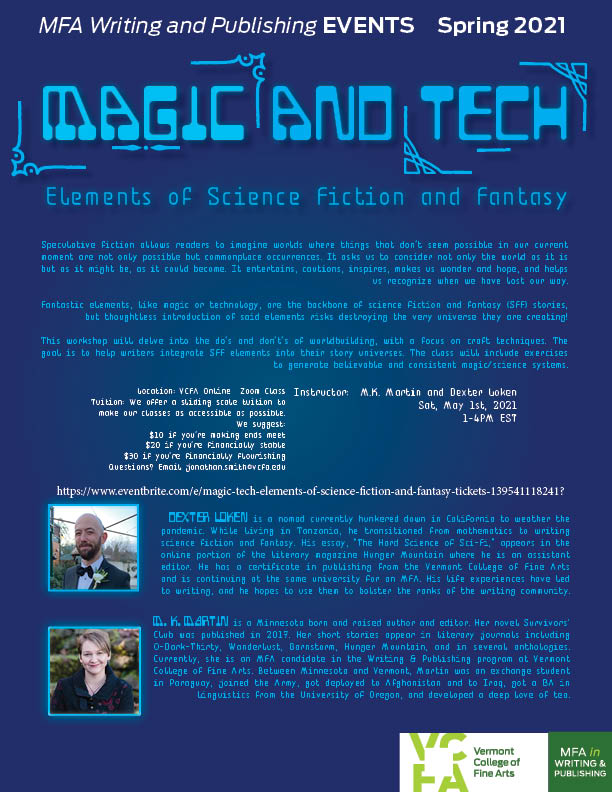
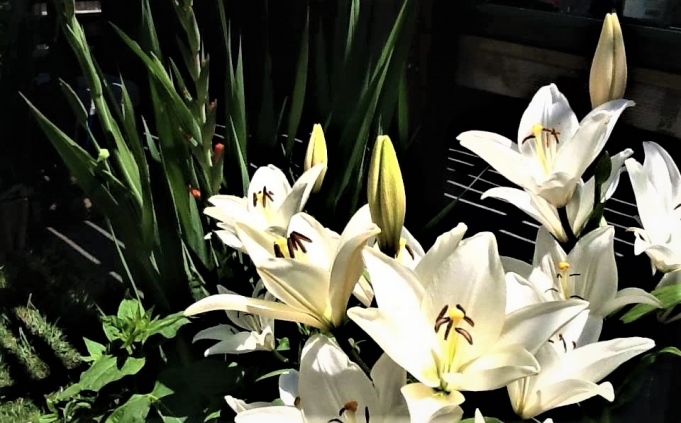
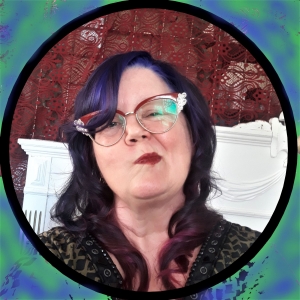
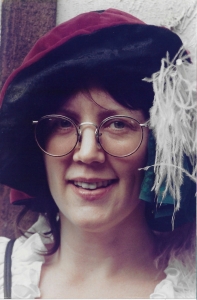 By the time I was twenty I had begun making a life at the Renaissance Pleasure Faire. I graduated from Fashion School and opened a costuming business, making and selling period garb faire to faire. I also built my booths, utilizing the carpentry skill that I learned from my dad, a professional
By the time I was twenty I had begun making a life at the Renaissance Pleasure Faire. I graduated from Fashion School and opened a costuming business, making and selling period garb faire to faire. I also built my booths, utilizing the carpentry skill that I learned from my dad, a professional 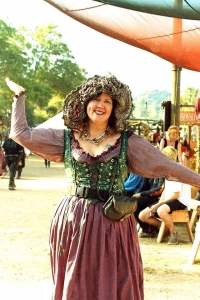 cabinetmaker. Needless to say, I was totally besotted by all things English/Scottish/Irish, from Celtic music, to English Punk, to Faerie Stories, myths, and tales.
cabinetmaker. Needless to say, I was totally besotted by all things English/Scottish/Irish, from Celtic music, to English Punk, to Faerie Stories, myths, and tales.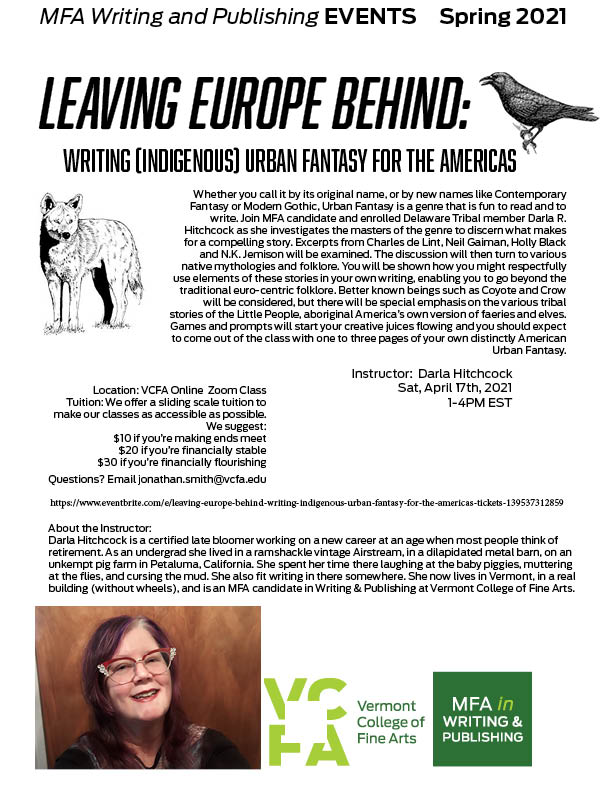
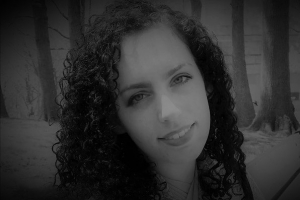
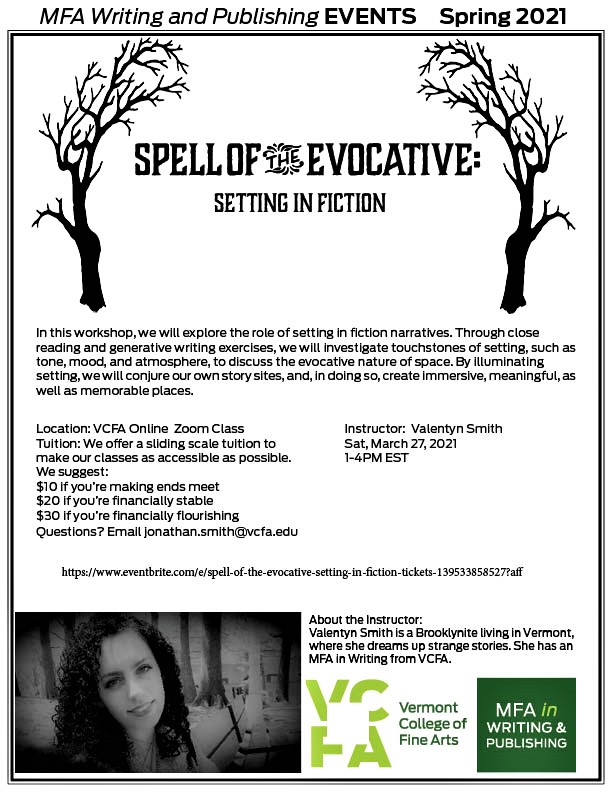
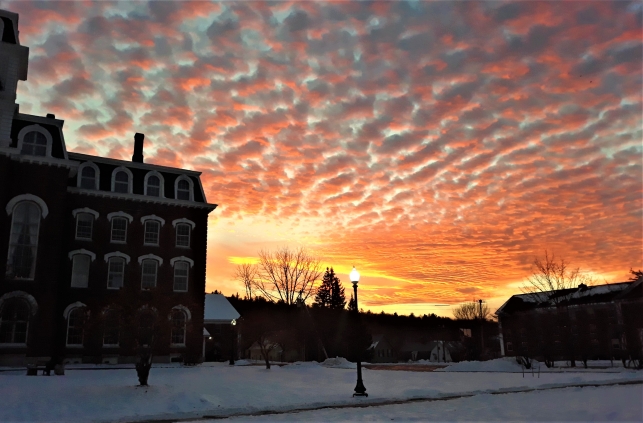
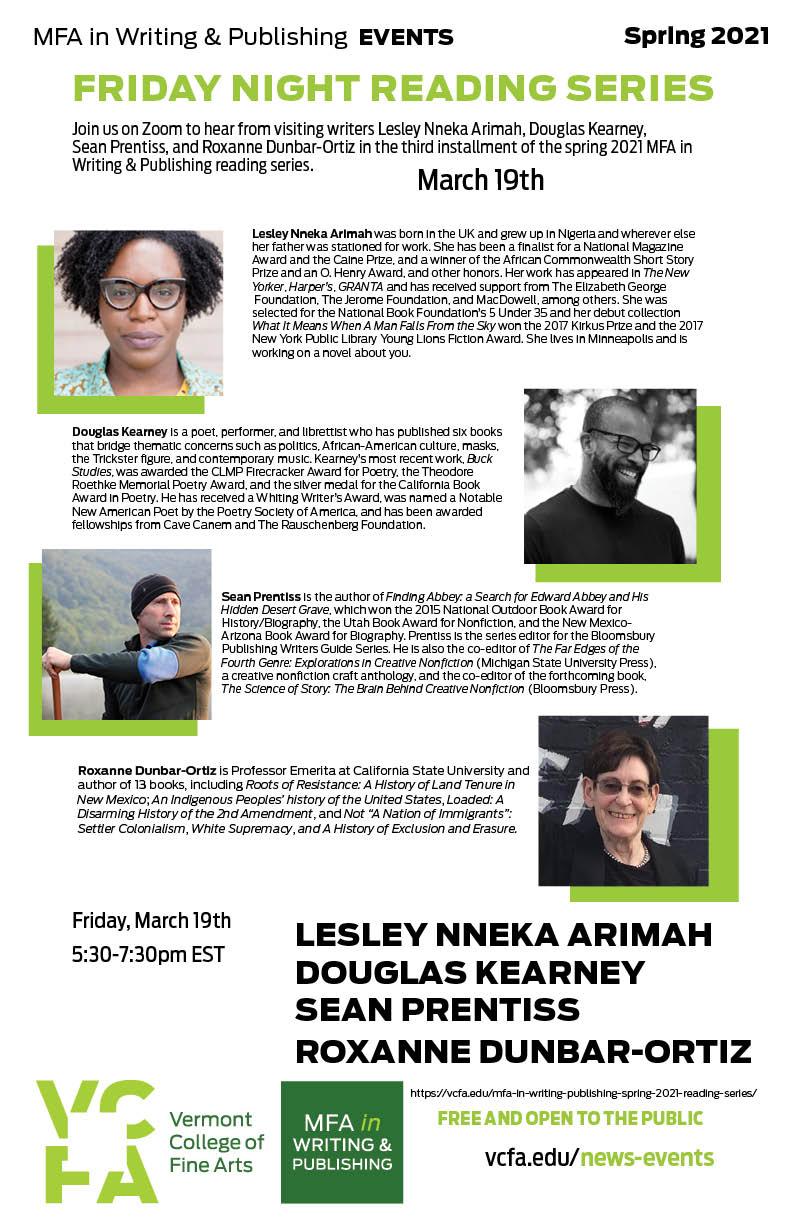
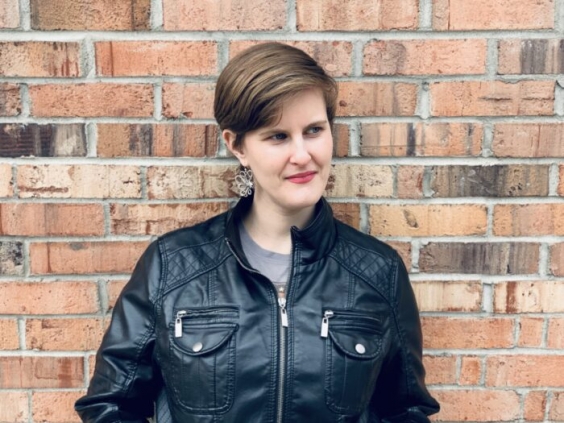
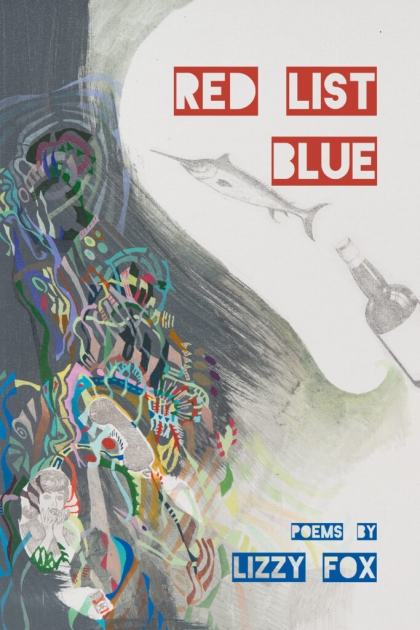
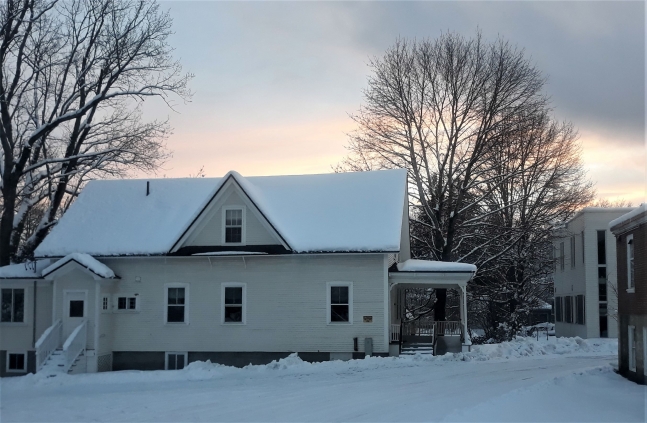
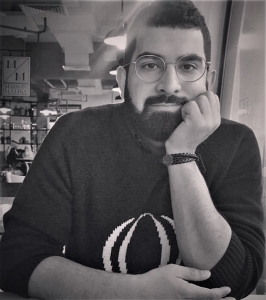 A self described nomad, Hassan AJ is an international student in his second year at VCFA. Five or six years ago he was a pre-med student secretly taking online writing classes. He was lured away from medicine when he fell in love with language itself, from the sentence level on. (In other words, from the micro–to the macro) He’s fascinated by the ability to “assemble language on the page to make the world less abstract and more tangible.”
A self described nomad, Hassan AJ is an international student in his second year at VCFA. Five or six years ago he was a pre-med student secretly taking online writing classes. He was lured away from medicine when he fell in love with language itself, from the sentence level on. (In other words, from the micro–to the macro) He’s fascinated by the ability to “assemble language on the page to make the world less abstract and more tangible.”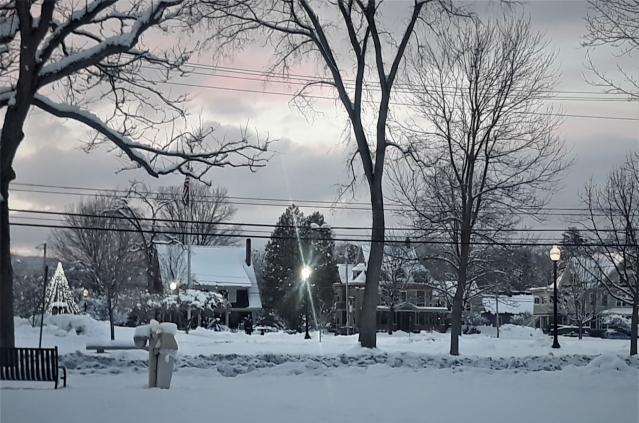
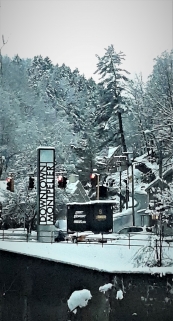 2020 is finally over. It’s been a tough year, between quarantining, masking, and having all of our classes on Zoom. (Zoom fatigue is real!) But it’s finally over and 2021 has begun. Classes start this week, second years are ensconced in their rooms working on their theses, and, to make it all even better, we got our first real dump of snow. Winter is here (finally) along with the new semester. We may have had a brown Christmas, and a dry New Year, but now we are in the midst of Vermont’s
2020 is finally over. It’s been a tough year, between quarantining, masking, and having all of our classes on Zoom. (Zoom fatigue is real!) But it’s finally over and 2021 has begun. Classes start this week, second years are ensconced in their rooms working on their theses, and, to make it all even better, we got our first real dump of snow. Winter is here (finally) along with the new semester. We may have had a brown Christmas, and a dry New Year, but now we are in the midst of Vermont’s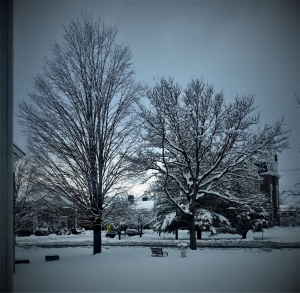 winter wonderland. I couldn’t be happier, as I stare out my dorm room window.
winter wonderland. I couldn’t be happier, as I stare out my dorm room window.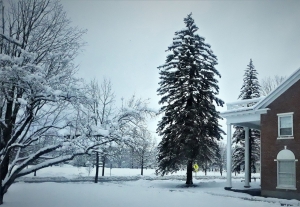
 Writer/Director Tim Kirkman is an Emmy, Gotham, GLAAD and Independent Spirit Award nominee. He has produced a documentary and directed three feature films. His course will teach VCFA students the basics of writing screenplays. By the end of the module each student will have written a 3 to 6 pages for a 3-5 minute short film.
Writer/Director Tim Kirkman is an Emmy, Gotham, GLAAD and Independent Spirit Award nominee. He has produced a documentary and directed three feature films. His course will teach VCFA students the basics of writing screenplays. By the end of the module each student will have written a 3 to 6 pages for a 3-5 minute short film.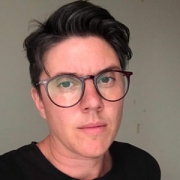 producer. He’s the author of several plays including
producer. He’s the author of several plays including 